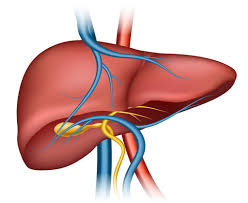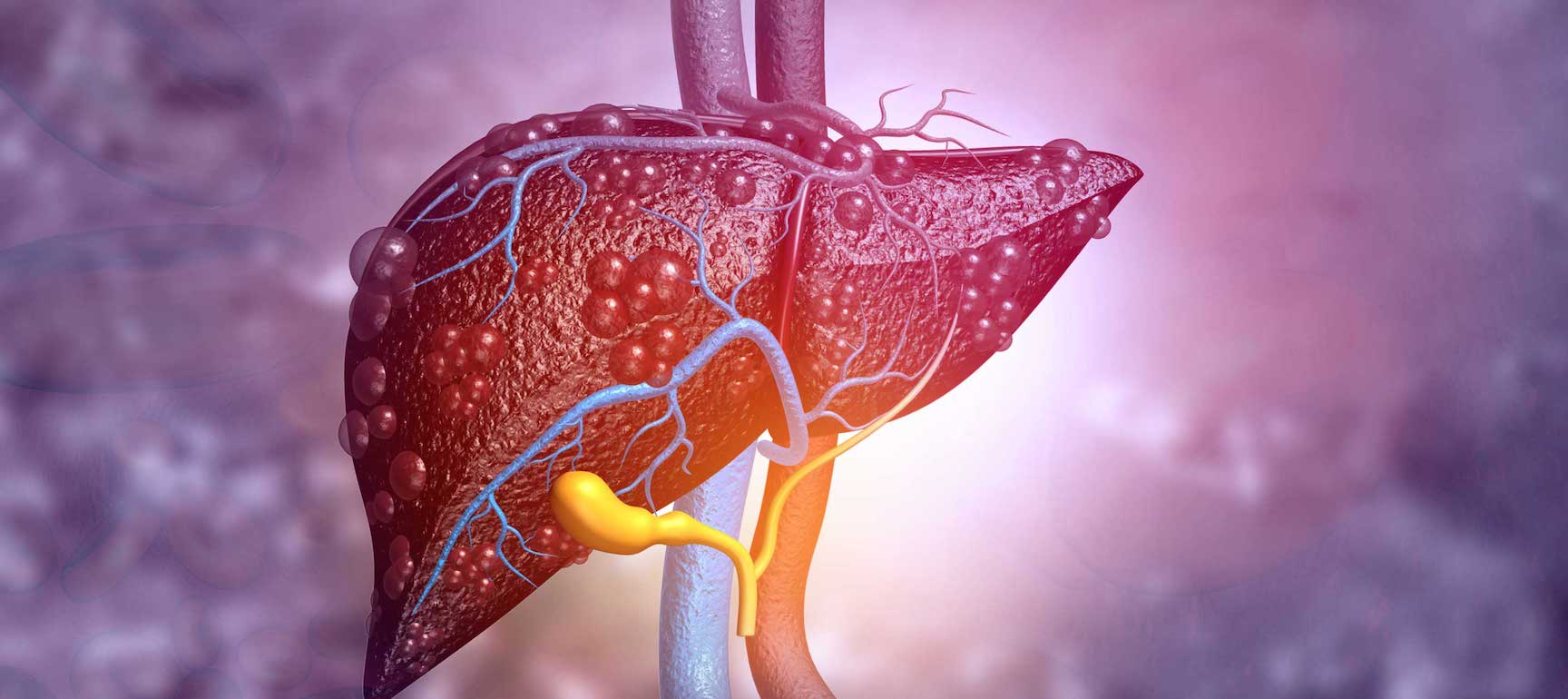Meta Title: Can Creatine Damage Your Kidneys? Myths, Facts & Safety Tips
- bypari rathore
- 02 August, 2025

💥 Can Creatine Damage Your Kidneys? Myths, Facts & What You Should Know
If you’ve ever stepped foot in a gym or scrolled through fitness reels, you’ve probably seen creatine hyped as the go-to supplement for muscle gains, strength boosts, and even cognitive perks. It’s like the OG of performance enhancers.
But along with the praise, there's always one question lurking in the background:
👉 “Can creatine hurt your kidneys?”
Let’s separate myth from fact and see what science actually says.

🔍 The Myth: Creatine is Bad for Your Kidneys
This concern mostly stems from early misunderstandings and confusion between creatinine (a waste product filtered by the kidneys) and creatine (a supplement used by muscles). Since creatinine levels can rise when you're taking creatine, many assumed that meant kidney strain.
But rising creatinine levels don’t always equal kidney damage — especially when you're supplementing.
✅ The Facts: What Research Shows
Multiple long-term, peer-reviewed studies have looked at creatine’s effect on healthy kidneys. Here's what they've found:
No harmful effects on kidney function in healthy individuals, even at high doses (up to 20g/day short-term, 3–5g/day long-term).
Studies spanning weeks to several years show no structural or functional kidney damage in athletes and non-athletes.
Blood and urine markers remain within normal ranges for healthy users.
📌 Bottom line: If you have normal kidney function, creatine is safe when used responsibly.
⚠️ When to Be Cautious
While creatine is safe for most people, there are some exceptions:
Pre-existing kidney disease or impaired renal function
If you have kidney issues, consult a doctor first. Even a small strain might worsen your condition.
Taking other nephrotoxic medications
Some medications can interact or compound kidney stress. Always disclose your supplements to your doctor.
Overdosing or poor-quality supplements
Excessive loading beyond recommendations or contaminated products (especially cheap, unregulated creatine) could pose a risk.
🧠 What to Watch Out For
If you're supplementing creatine, here's how to keep it safe:
Stick to 3–5g per day after a 5–7 day loading phase (if you choose to load).
Drink plenty of water — creatine pulls water into your muscles.
Choose creatine monohydrate — the most studied and proven form.
Buy from reputable brands with third-party testing.
Get regular bloodwork if you’re a long-term user or have any health concerns.
✅ Verdict: Myth Busted
For healthy individuals, creatine does not damage your kidneys. It remains one of the safest and most effective supplements in the fitness world.
But like anything you put in your body—especially long-term—use it wisely, monitor your health, and if in doubt, ask your doctor
Note: Content and images are for informational use only. For any concerns, contact us at info@rajasthaninews.com.
40 के बाद शर्ट से बा...
Related Post
Hot Categories
Recent News
Daily Newsletter
Get all the top stories from Blogs to keep track.











